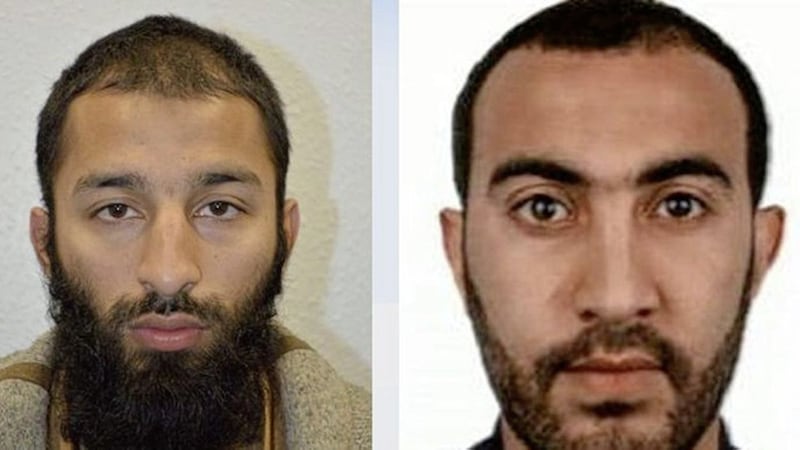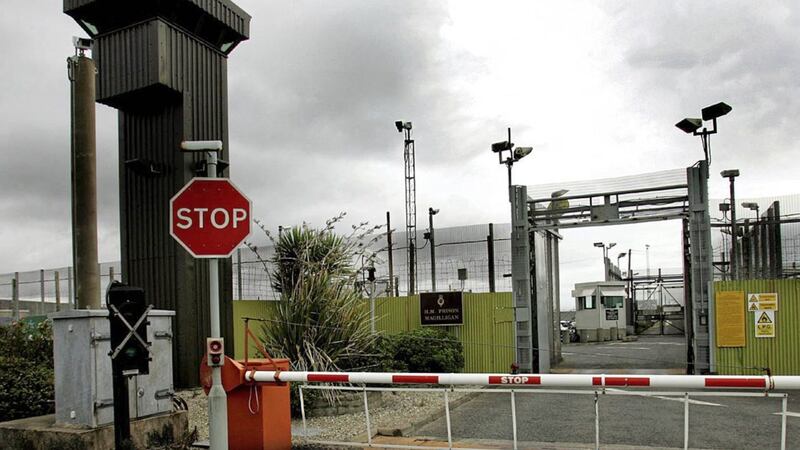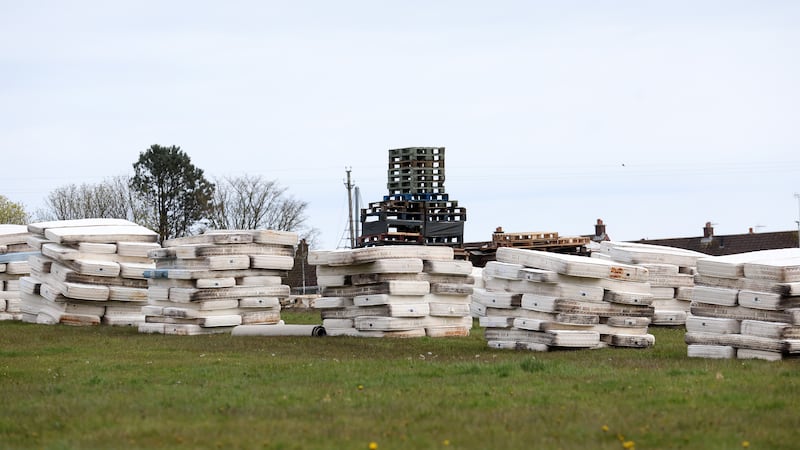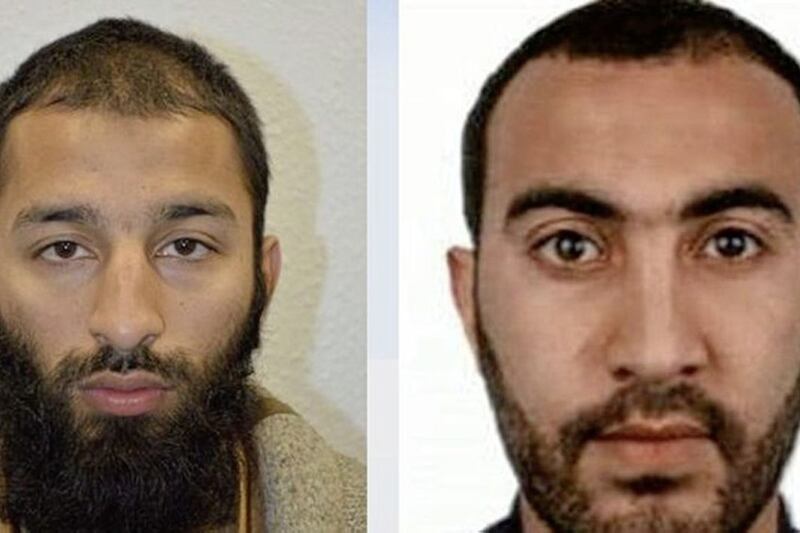ONE of the three Islamic extremists who carried out the London Bridge terror attack had previously lived in Ireland, it has emerged.
Rachid Redouane has been named by British police as one of the three men who carried out the attack on Saturday night.
Seven people died and at least 48 were injured when a white van ploughed into pedestrians on London Bridge, before the perpetrators got out of the vehicle and began indiscriminately stabbing men and woman in bars and restaurants nearby.
Gardaí are investigating Redouane's background after documentation - believed to be an identity card found after he was shot dead - showed he spent some time in Ireland.
Police say he is of Moroccan and Libyan descent.
The 30 year-old was named along with Khuram Shazad Butt.
The third terrorist has this morning been named as Youssef Zaghba, a 22-year-old Italian national of Moroccan descent,
Redouane, who also used the name Rachid Elkhdar, was identified after a records check in the UK established that he had lived for a time in south Dublin.
Redouane was married to Charisse O'Leary, a 38-year-old from Ireland with whom he had a 17-month-old daughter, according to reports.
Ms O'Leary's brother, Patrick O'Leary, told The Sun: "I don't know anything about this. You know more than I do. I'm trying to find out as much as I can. Rachid always seemed like a nice guy."
Security sources in Ireland confirmed the terrorist married a British woman in Dublin in 2012 and lived in Rathmines, Dublin.
It is not clear when he came to the Republic or how long he stayed but it is believed he used Irish jurisdiction to get a European Union permit which allowed him to be in the UK.
Redouane left Ireland after the wedding and may have travelled to Morocco before settling in the UK.
He returned to Ireland again in 2015, again for an unknown length of time, but Taoiseach Enda Kenny said he was not one of a small number of radicals under surveillance.
An Irish security source described the killer as having "extensive immigration history related to the UK".
The man was not previously known to gardaí and had not come to their attention in relation to any crime or security issues.
In the past year, however, several people have been arrested in and around Dublin on suspicion of raising funds for ISIS.
Last month, a Moroccan national was arrested by Gardai in Dublin on suspicion of laundering money for the terror organisation. He was later released without charge and a file was sent to the Director of Public Prosecutions.
In the wake of developments Garda Commissioner Noirin O’Sullivan held a special meeting of security and intelligence officers yesterday morning in Garda Headquarters in Dublin.
In a statement released later the Gardaí said they would "continue to liaise closely with security and law enforcement agencies in the UK and internationally to share and assess any relevant intelligence and provide assistance where appropriate."
"Since Saturday night’s terror attack in London daily meetings have taken place at Garda Headquarters and the situation as it pertains to this jurisdiction is continually reviewed and evaluated," the statement added.
The threat assessment level in the Republic at the moment is moderate, meaning an attack is possible but unlikely.
A statement released by the Department of Justice yesterday said "there is no specific information in relation to any threat to Ireland from international terrorism."
"That said, the level of threat from this source is kept under constant and active review by An Garda Síochána," they added.
Elsewhere, Taoiseach Enda Kenny has said a small number of people in Ireland are "being monitored and observed in respect of radicalisation", but that it was his understanding that this man "was not a member of this small group".
Speaking in Chicago, where he is on his last trip to the US as Taoiseach, Mr Kenny said that under EU treaties, Ireland grants working visas to people outside the EU who are in a relationship with an EU citizen, which appears to have been the case in this instance.
However, Mr Kenny said the veracity of that claim was currently being checked.








